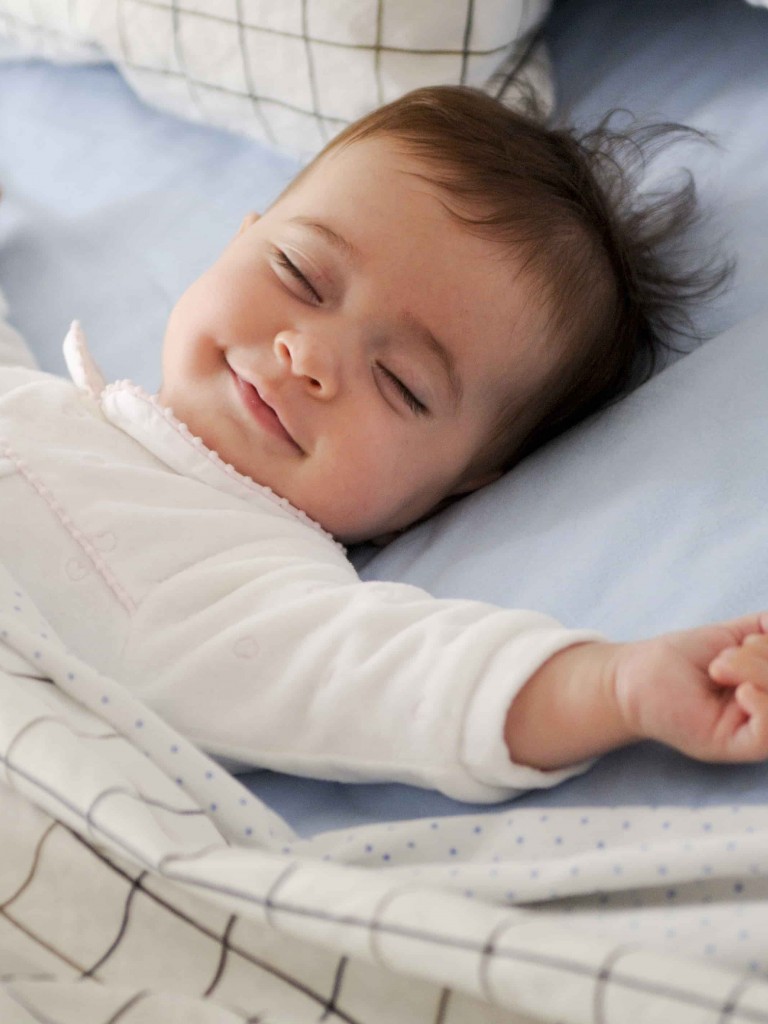The Daily Chime
Latest News

Claire Burns
Specialist Audiologist
Is my baby’s hearing normal?
Posted on 2021-11-17 20:07:00 in GeneralNew parents understandably have so many questions around the health and wellbeing of their new baby. At Chime, we find a lot of new parents ask us ‘Is my baby’s hearing normal’. In this blog, we’ll look at how your baby’s hearing develops and how you can book newborn hearing tests.
How your baby’s hearing develops in the womb
At around 18 weeks of pregnancy a baby can hear their very first sounds. These will be sounds such as the mother’s heartbeat, stomach rumbling and whoosh of air in and out of their lungs. By 27 to 30 weeks, babies react in response to voices and noises that filter into the womb.
How your baby’s hearing develops after birth
Although babies’ ears are well-developed at birth, it may take up to six months before they can fully hear and understand a range of sounds. There are a couple of reasons for this. Firstly, at birth, babies’ ears will still be full of fluid which may take some time to completely clear. Secondly, the parts of a baby’s brain that deal with hearing are still developing.
How parents can monitor their baby’s hearing
Parents are issued with a personal child health record shortly before or after the birth of their baby, often referred to as the ‘’red book’’. Included in this record is a section called, ‘’Screening and routine reviews’’ which contains pages on ‘’Can your baby hear?’’. This provides a checklist for typical reactions to sounds and sounds you would expect them to be making at given ages. Obviously, babies do vary in terms of their development, so the lists are there to act as pointers and the ages presented are approximate only.
When should I book a newborn hearing screening?
Newborn hearing screening is offered to all babies in England, ideally within the first four to five weeks after they are born. This includes well babies and babies in neonatal intensive care units. The aim of the screening test is to identify those babies with permanent moderate or worse hearing impairment as finding out early and offering intervention can give these babies a better chance of developing language, speech, and communication skills.
What happens in a newborn hearing screening?
The newborn hearing screening always involves the automated otoacoustic emission (AOAE) test which involves placing a small soft-tipped earpiece in the baby’s ear, after which gentle clicking sounds are played. The ear response is picked up by the screening equipment. The AOAE test takes just a few minutes. Some babies also need a second test called the automated auditory brainstem response (AABR) test.
What is an Automated Auditory Brainstem Response (AABR) test?
An automated auditory brainstem response (AABR) test involves placing three small sensors on the baby’s forehead, nape of neck and shoulder. Soft headphones are placed over the baby’s ears and gentle clicking sounds are played. The AABR test takes between five and fifteen minutes. If the screening test results do not show a clear response in one or both of the baby’s ears, a referral for diagnostic audiological assessment is made within four weeks. Even if this happens, it does not necessarily mean the baby has a permanent hearing loss. It could simply mean the baby was unsettled when the test was done, there was too much background noise, or the baby has fluid or a temporary blockage in their ear.
Does my baby need a newborn hearing test?
The newborn hearing test is highly recommended, but it’s not compulsory. If a baby has a clear response in both ears, they’re unlikely to have a permanent loss. But the newborn hearing test does not pick up all types of permanent hearing loss and children can develop permanent hearing loss later on, so it is important to seek advice from a health visitor or GP if there are hearing concerns.
One to two babies in every thousand are born with a permanent hearing loss in one or both ears. This increases to about one in every one hundred babies who have spent more than forty-eight hours in intensive care. Most of these babies are born into families with no history of permanent hearing loss.
If you have any concerns about your baby’s hearing, please visit our page on Newborn Hearing Screenings for more advice. Alternatively, you can contact Chime for further guidance and advice on your baby’s hearing.

